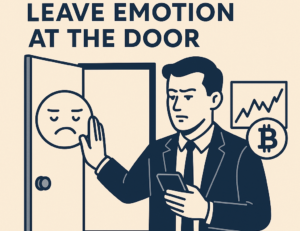In today’s world, it feels like being a man is increasingly seen as a problem. If you’ve scrolled through social media, read mainstream articles, or watched Netflix’s latest takes on masculinity—like their new series Adolescence—you’ve probably noticed a common theme: men are painted as toxic, problematic, and in need of fixing. But is that really the case?
The progressive left seems obsessed with redefining masculinity, often pushing the narrative that men are inherently harmful. It’s as if simply being male is something to apologize for. And yet, when you look at the real world, most men don’t buy into this extreme portrayal. We’re not out here forming “toxic environments” just by existing—we’re navigating life, improving ourselves, and supporting the people around us.
Masculinity Is Not the Enemy
The term “toxic masculinity” gets thrown around a lot, but let’s be real—masculinity itself is not toxic. Strength, ambition, resilience, and leadership are not negative traits. In fact, they’re what drive society forward. The problem isn’t men; the problem is how society views men.
Instead of blaming men for all of society’s issues, we should be asking a different question: Why is there such a push to dismantle traditional masculinity? Is it because strong, independent men are harder to control? Is it because a self-reliant, disciplined man doesn’t fit the modern victimhood narrative?
The Real Crisis: Lost Men, Not Toxic Men
Let’s talk about the real problem—men are struggling. Depression, loneliness, and suicide rates among men are rising. Many feel lost, directionless, and disconnected from their purpose. This isn’t because they’re too “toxic”—it’s because they’ve been told their natural instincts and strengths are wrong.
Society should be encouraging men to be their best, not shaming them into submission. We need to focus on self-improvement, financial freedom, mental strength, and confidence—not apologizing for who we are.
Mencademy: Reclaiming Masculinity
At Mencademy, we believe men should take charge of their lives and embrace their strengths. Instead of being passive participants in the debate about masculinity, we should be shaping it. It’s time to focus on becoming the best versions of ourselves—not shrinking to fit a narrative that tells us we’re the enemy.
Men aren’t the problem. Weak, directionless men are. And the solution isn’t to reject masculinity—it’s to reclaim it.
So, what do you think? Share this article if you agree.









